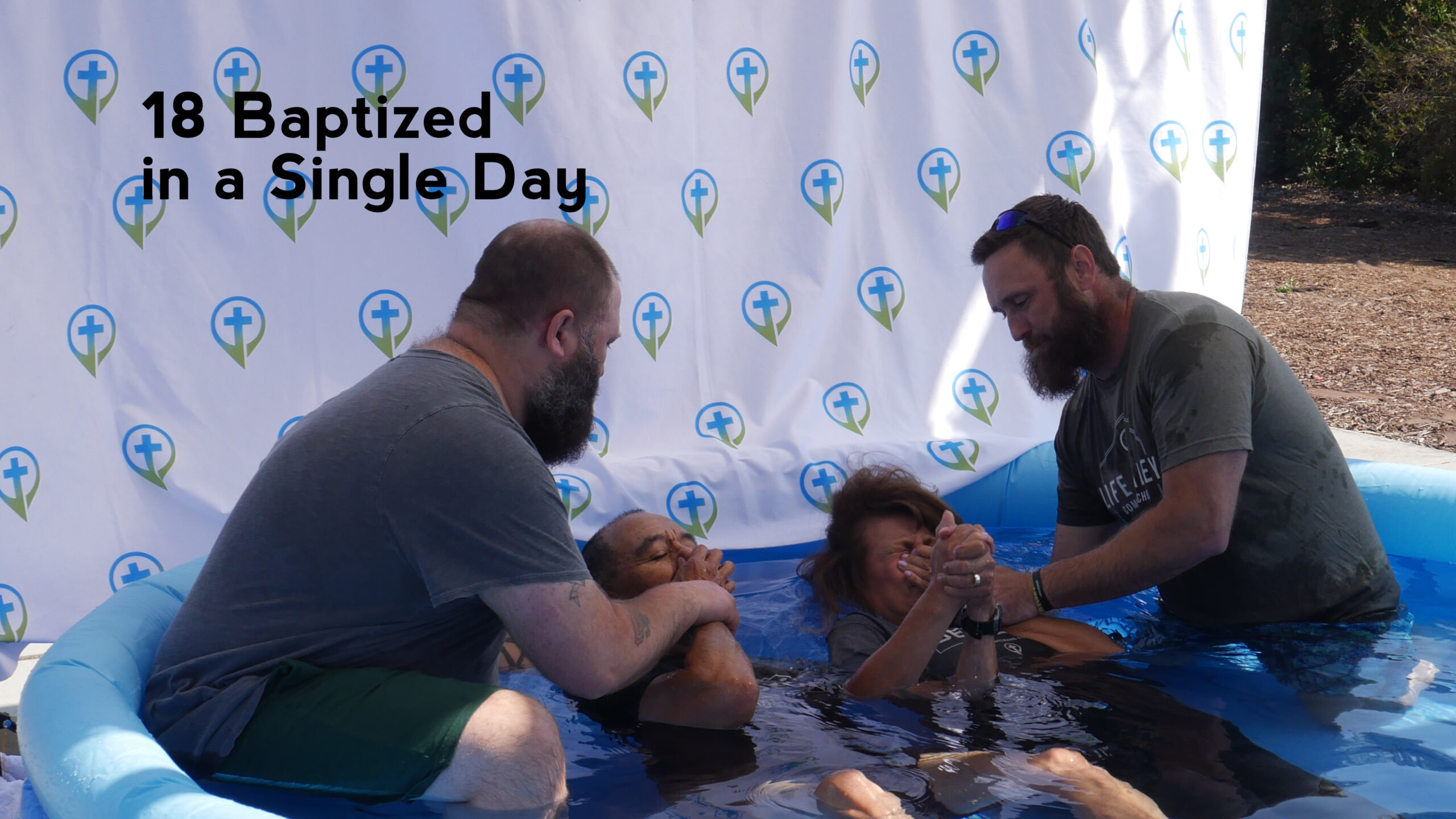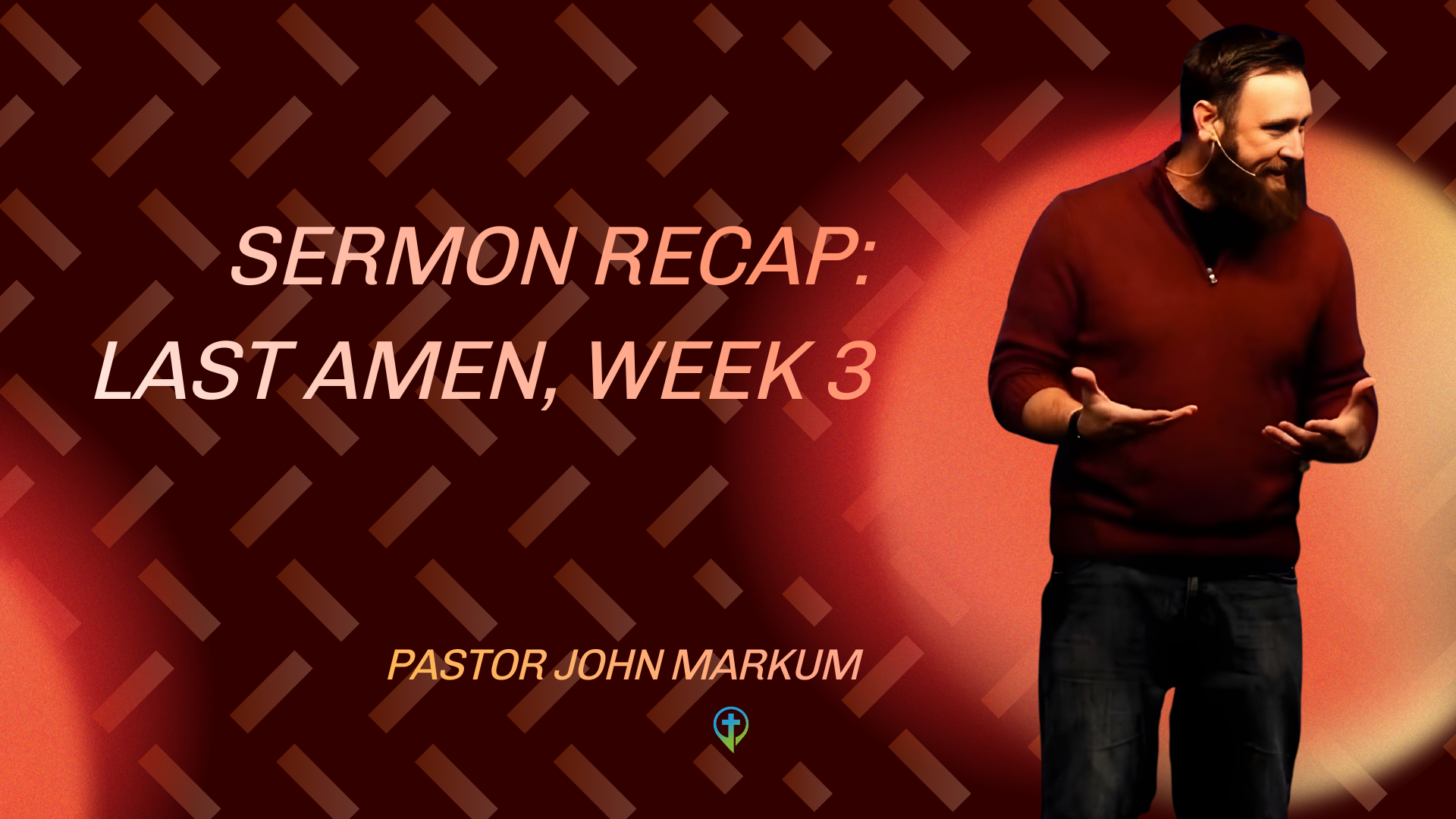As God has been blessing our ministry at Life Valley Community Church, we have been passionately and urgently calling people to give their lives to Jesus Christ and be baptized into God’s family. This past Pentecost Sunday (June 8), we were able to lead 18 people to take this public step of faith in Christ!
But what was particularly incredible was that we only had 12 people that we knew were prepared to get baptized! In partnership with Baptize America, we coordinated this baptism Sunday with thousands of other churches across the country, to proclaim the Gospel message and call people into believer’s baptism. Two people found us because of Baptize America, and another handful of people responded to the message, received Christ as their Lord and Savior, and were baptized that day, just like the first Pentecost Sunday.
I know that not every pastor or church is warm to the idea of “spontaneous baptisms” who come forward for baptism that day, but we have found that there is an appropriate way to do it. Additionally, every example we see in Scripture of baptism, it was what you might consider “spontaneous”. There are two major considerations for having successful baptisms for people who come forward Day-of a Baptism Sunday.
- Spiritually prepared. We want to make sure that everyone getting baptized at LVCC is doing so because they have trusted in Jesus Christ death and resurrection for their salvation. Because of this, we generally do an entire message on baptism for that day, so that we have given plenty of attention to the doctrinal concerns of people’s motives. We also have counsellors to talk to before getting baptized, so that we know we are all on the same page about why we are baptizing someone. The counselling process usually only takes 5-10 minutes after we had an entire message, and occasionally we do need to tell someone “Not today, but we would love to talk more with you so you can be ready for a future baptism day.”
- Physical considerations. If you’re going to offer baptism to people who did not come prepared to get baptized, at least you and your leaders should be prepared! For this, we have plenty of extra towels, a t-shirt they get to keep, as well as undergarments and gym shorts of every size. We also walk through how they will get baptized when they meet with our counsellors.
We had set a goal of 20 baptisms at Life Valley in 2025, and with an earlier baptism, we are already at our goal! What is particularly exciting to me, is that we are also only halfway through the year! And with others in our church who have recently received Christ or indicated a desire to be baptized, we have 10 more people currently needing to be baptized.
To all of you who partner with our ministry, thank you for serving Jesus with us. 2025 is shaping up to be our most amazing year yet!
Blessings,
Pastor John






